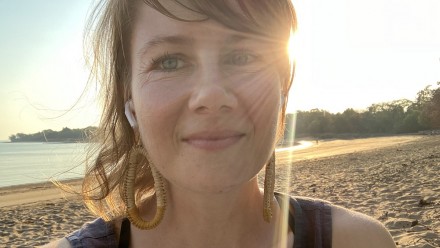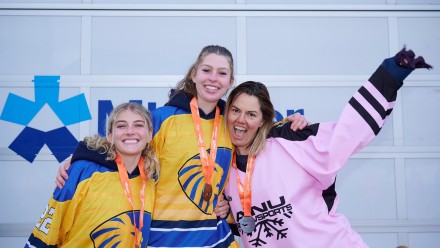Stolen Generations 'Wrongly' Treated for PTSD
Researchers say mental health practitioners are wrongly diagnosing Indigenous and Torres Strait Islander people with Post Traumatic Stress Disorder (PTSD) due to a lack of cultural awareness.
Dr Stewart Sutherland, from The Australian National University (ANU) Medical School says PTSD is the “wrong diagnosis” for people who are forcibly removed from their families.
“We have never stopped removing Aboriginal children from their culture and we remove more Aboriginal people from their families now than we ever did in history,” Dr Sutherland said.
“Current statistics show Indigenous children are over-represented in the child protection system and 11 times more likely to be in out-of-home care.
“We need to completely change the way that we look at mental health for Aboriginal people and stop trying to look it from a very Western point of view.”
Writing in Cultural Diversity in Mental Health, Dr Sutherland says Betrayal Theory (BT) could be a more appropriate model for people who have been forcibly removed.
“Betrayal Theory works on the premise that the child believes their primary caregiver has abandoned and neglected them,” Dr Sutherland said.
“They then start to act out or withdraw into themselves, causing a whole heap of educational problems and then potentially coming into contact with the criminal justice system.
“It is a model we should be looking at for anyone who has been forcibly removed.
“It is also more accurate for people who have gone into state care and encountered sexual, physical or emotional abuse, which we have seen happen again and again.”
Dr Sutherland, who has been working in Indigenous health for over 20 years, says Stolen Generations were often renamed and had “their whole identity taken away”.
The new therapy is among a host of Indigenous led ideas being floated a The 2019 Aboriginal and Torres Strat Islander Health Symposium and round table being held at the ANU on 29 and 30 September.
The meeting will help inform government on Indigenous data sovereignty.
“There is a lag with mental health practitioners taking up cultural diversity,” said Dr Sutherland.
“We have got it wrong with PTSD. If non-Indigenous people start to work with us and realise the diagnosis they are giving is not quite accurate, it could be a huge benefit to health outcomes for Aboriginal people.”














